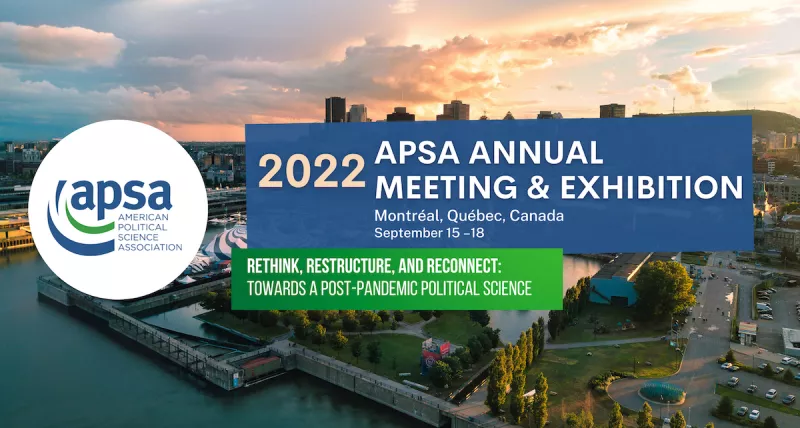Bosnia and Herzegovina
Academic Research
-
Journal Article
Replicating the Effects of Facebook Deactivation in an Ethnically Polarized Setting
Research & Politics, 2023
The question of how social media usage impacts societal polarization continues to generate great interest among both the research community and broader public. Nevertheless, there are still very few rigorous empirical studies of the causal impact of social media usage on polarization. To explore this question, we replicate the only published study to date that tests the effects of social media cessation on interethnic attitudes (Asimovic et al., 2021). In a study situated in Bosnia and Herzegovina, the authors found that deactivating from Facebook for a week around genocide commemoration in Bosnia and Herzegovina had a negative effect on users’ attitudes toward ethnic outgroups, with the negative effect driven by users with more ethnically homogenous offline networks. Does this finding extend to other settings? In a pre-registered replication study, we implement the same research design in a different ethnically polarized setting: Cyprus. We are not able to replicate the main effect found in Asimovic et al. (2021): in Cyprus, we cannot reject the null hypothesis of no effect. We do, however, find a significant interaction between the heterogeneity of users’ offline networks and the deactivation treatment within our 2021 subsample, consistent with the pattern from Bosnia and Herzegovina. We also find support for recent findings (Allcott et al., 2020; Asimovic et al., 2021) that Facebook deactivation leads to a reduction in anxiety levels and suggestive evidence of a reduction in knowledge of current news, though the latter is again limited to our 2021 subsample.
-
Journal Article
Testing the Effects of Facebook Usage in an Ethnically Polarized Setting
Proceedings of the National Academy of Sciences, 2021
Despite the belief that social media is altering intergroup dynamics—bringing people closer or further alienating them from one another—the impact of social media on interethnic attitudes has yet to be rigorously evaluated, especially within areas with tenuous interethnic relations. We report results from a randomized controlled trial in Bosnia and Herzegovina (BiH), exploring the effects of exposure to social media during 1 wk around genocide remembrance in July 2019 on a set of interethnic attitudes of Facebook users. We find evidence that, counter to preregistered expectations, people who deactivated their Facebook profiles report lower regard for ethnic outgroups than those who remained active. Moreover, we present additional evidence suggesting that this effect is likely conditional on the level of ethnic heterogeneity of respondents’ residence. We also extend the analysis to include measures of subjective well-being and knowledge of news. Here, we find that Facebook deactivation leads to suggestive improvements in subjective wellbeing and a decrease in knowledge of current events, replicating results from recent research in the United States in a very different context, thus increasing our confidence in the generalizability of these effects.
News & Commentary
-
News
CSMaP Wins 2022 APSA Award
Our scholars won Best Article in the Information Technology and Politics Section.
September 20, 2022
-
News
Our Craig Newmark Philanthropies Graduate Students
In 2020, Craig Newmark Philanthropies donated $400,000 to support our PhD students, ensuring they could continue their research projects examining some of the biggest questions at the intersection of social media and democracy. Here is an update on what they've been working on this past year thanks to Craig's generous support.
July 1, 2021

